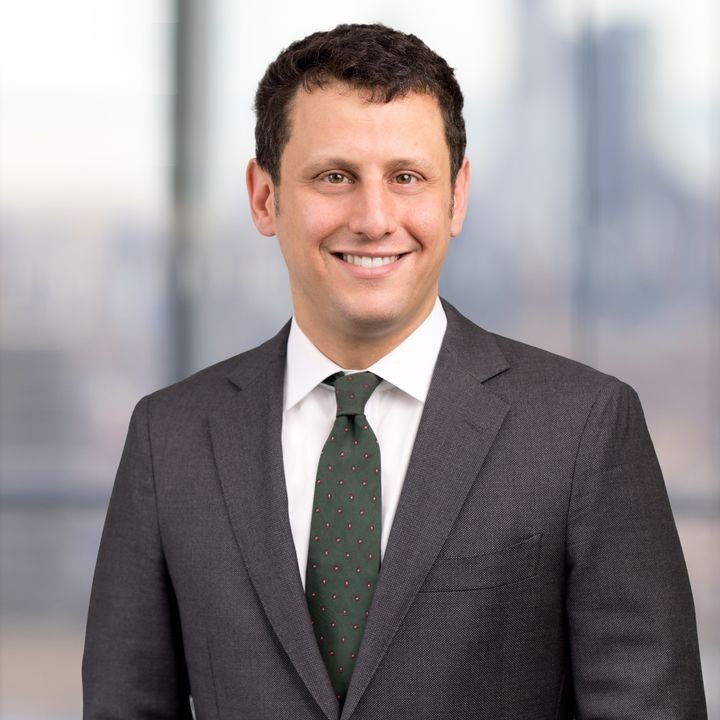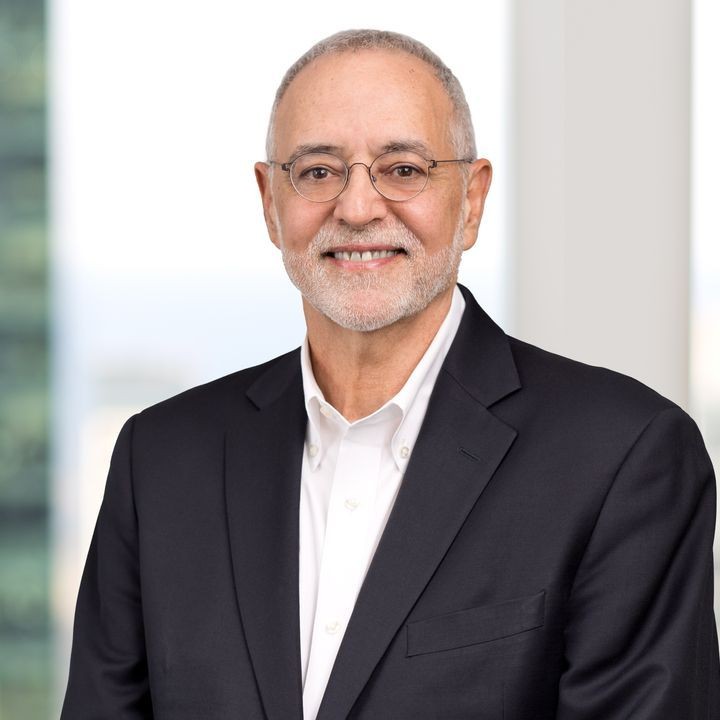Appellate Work and Law Creation
Overview
Law is created in many ways, and our lawyers are involved in all of them on behalf of the insurance industry.
Appeals and Amicus Briefs
From the beginning of the insurance litigation explosion in the 1980s, Crowell lawyers have been continuously engaged on behalf of the industry in appellate courts around the country. Beginning with state-by-state judicial efforts to craft interpretations of policy language pertinent to huge asbestos and environmental claims (e.g., pollution exclusion, owned property exclusion, occurrence definition, personal liability definition, horizontal and vertical allocation) and continuing on to today's emerging controversies (e.g., horizontal reinsurance allocation and "follow the fortunes," various legislative and judicial expansions of insurer duties), our lawyers have engaged dynamically and successfully for insurance clients in an era that has seen the creation of more insurance and reinsurance law than ever before.






